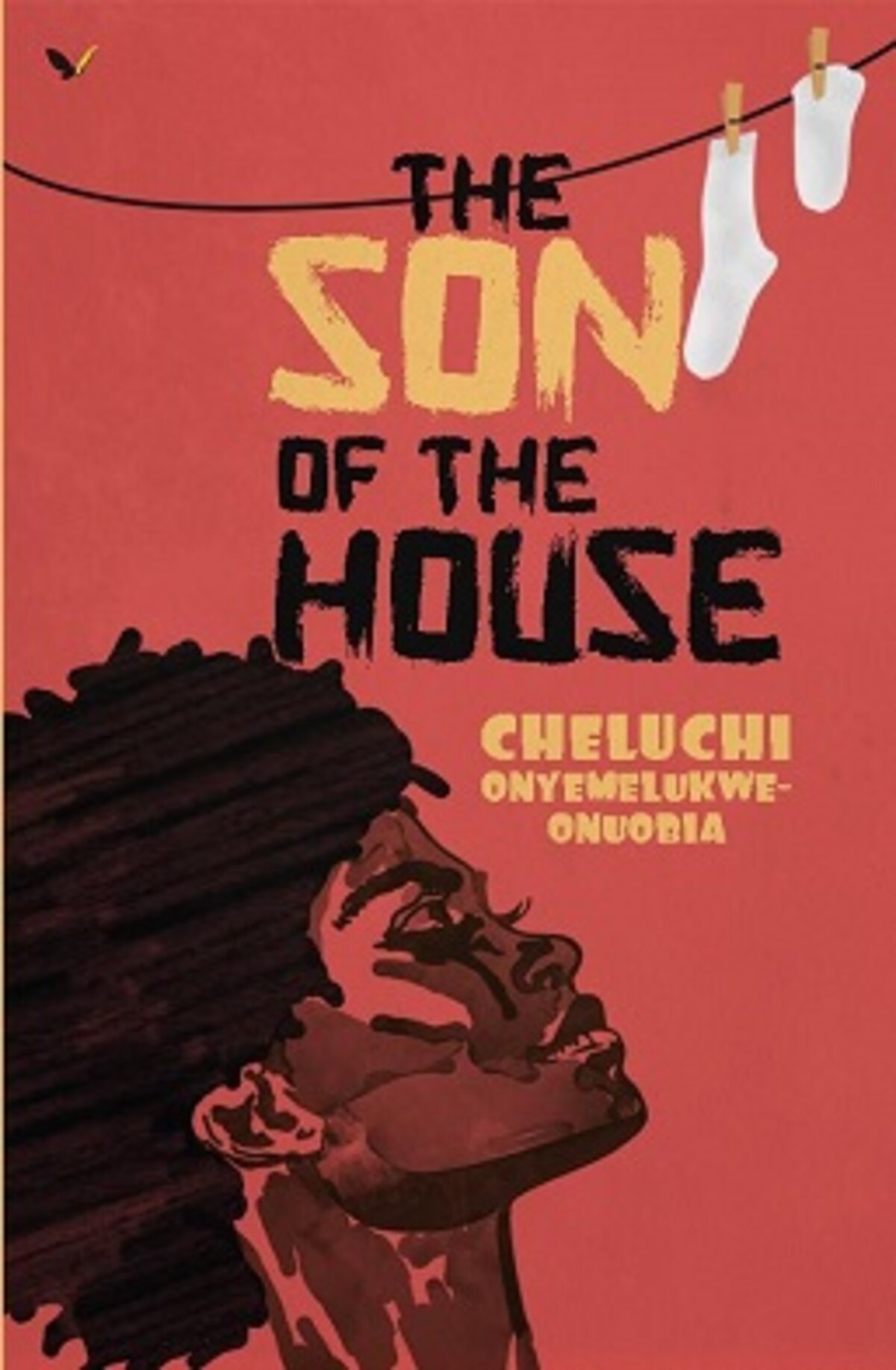There are things to say, to hush in an ear and claim out loud one week after. There are letters to open, to unfold and to struggle to read because the writing is so small. But some years later, potentially, someone types it, sends it to whatever mailbox with a serious name on top and from there spreads it around. Secrets are known to be revealed or to die when the last host disappears.Too many hosts disappeared with words blocked in the throat and the collective memory struggles to fill up the gaps of our stories.
“The son of the house” is one of these fictions part of history. When literature becomes a social artifact because it represents so vividly one reality.

The main characters of the book are two womens trying to survive in a patriarchal society, from childhood to old ages, they suffer violence, oppression and loneliness. The pauverty of one of them makes her even more unlucky.
Along this 250 pages, we follow them, we observe them living their parallel lives in such a similar world, before meeting in absurd conditions. Absurdity is a theme that came through my mind several times during the lecture: too much violence, too much pain, too much drama that touches the absurd. Here the fiction plays well with the border of what is believable. The reality of sexist violence can be hard to conceive, and the non-sense of some traditions seems enough to justify them. But the characters survive and somehow find their ways through a men-world. Feminine friendship becomes not only helpful but necessary to try to get a better life and the love given to the children gives a reason to keep going.
The writing is fast, efficient, doesn’t give time to a lot of details or to develop side characters but I guess that's not the point. The point of this book is not to write the most stylish and accomplished book of literature but to depict something bigger than the characters themselves. There is never a break, sometimes small breaths, short waves of peace in a troubled sea. The suspense is pulling us pages after pages, we are out of breath sometimes, eager to find a solution in the lines.
This book is a drama for emancipation, it’s a speach for women’s freedom and rights. As a European, this book is also useful to think towards a more anti-racist feminism, push our borders and have a wider idea of solidarity.
Thanks Onyemelukwe-Onuobia.
The son of the house
Cheluchi Onyemelukwe-Onuobia
Cheluchi Onyemelukwe-Onuobia is a lawyer, academic, and writer. She holds a doctorate in law from Dalhousie University and works in the areas of health, gender, and violence against women and children.



